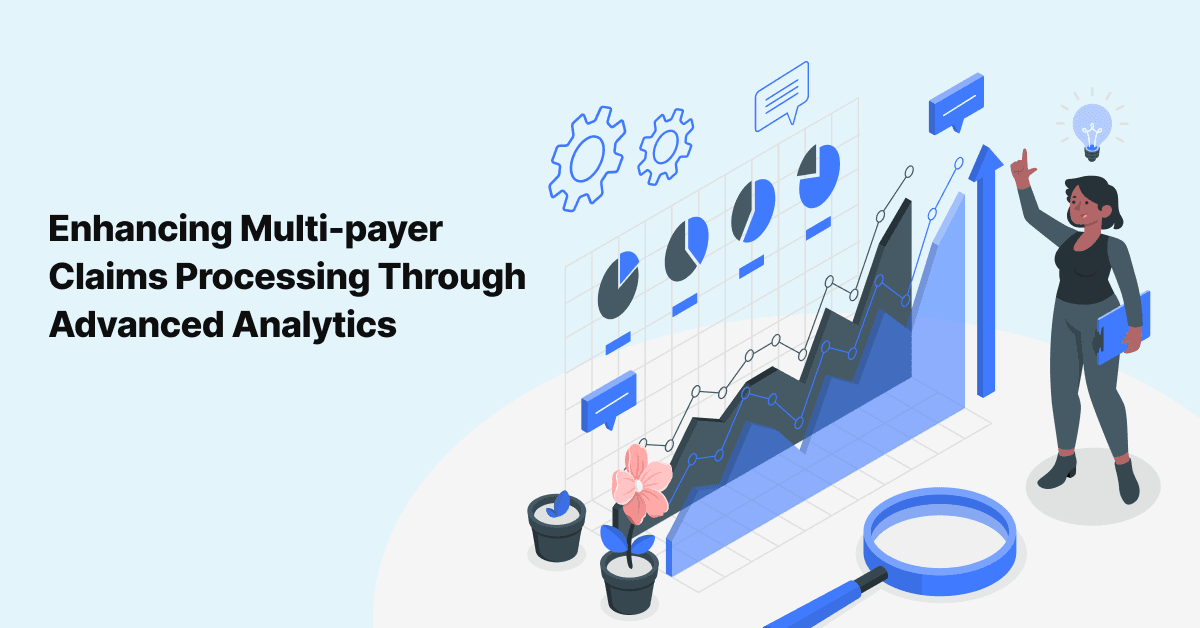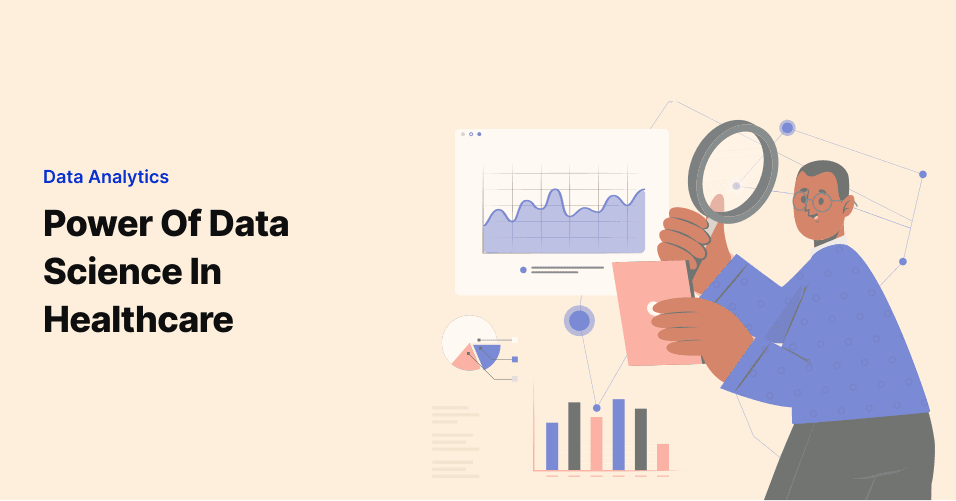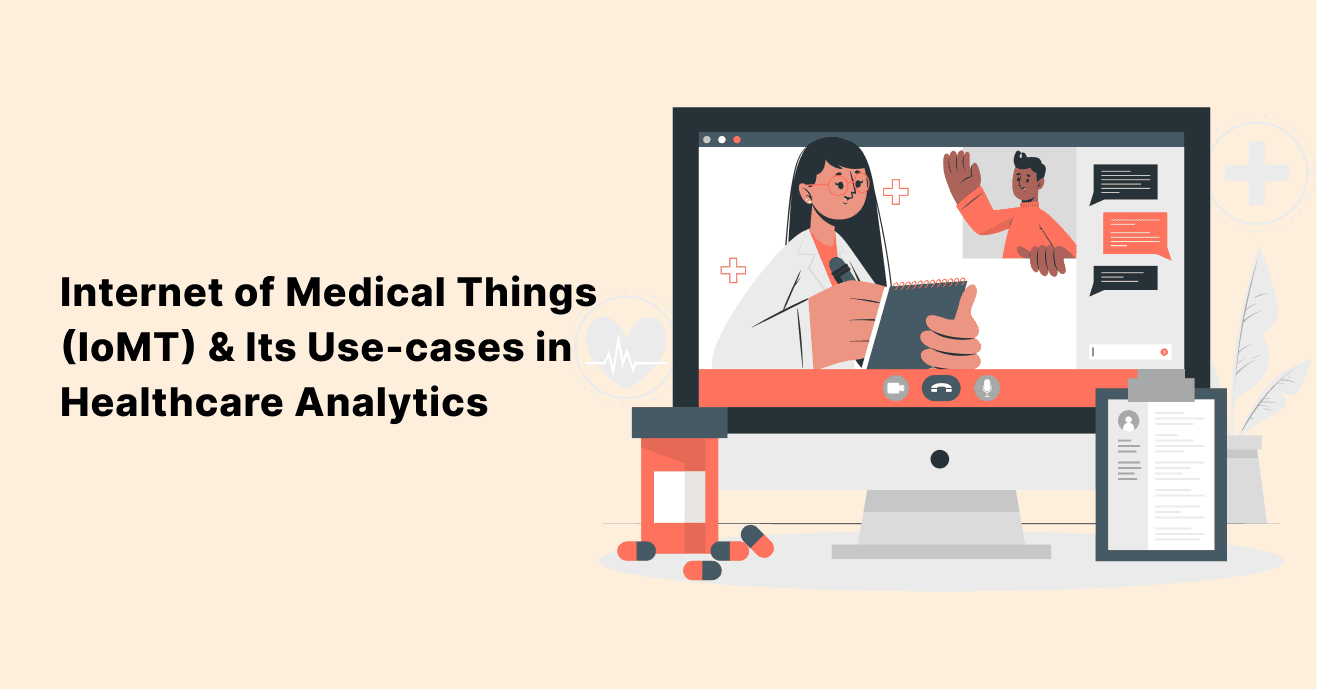
6 Biggest Mistakes in Healthcare Data Warehousing
Data warehousing in healthcare is an increasingly important tool to collect, store, and analyze the massive …

When it comes to healthcare claims, managing claims from multiple payers can be a daunting task. The intricacies involved in processing these claims can often lead to inefficiencies, errors, and delays that impact both providers and patients. However, the advent of advanced analytics is revolutionizing the landscape of multi-payer claims processing, offering innovative solutions to streamline operations and improve accuracy.
This article will delve into the nuances of handling multiple payer external claims, exploring the challenges and opportunities that come with it. We'll uncover how advanced analytics is playing a pivotal role in transforming claims management and highlight the myriad benefits that healthcare organizations can experience by leveraging these cutting-edge tools.
From reducing administrative burdens to enhancing decision-making capabilities, advanced analytics provides a powerful means to optimize the entire claims process. Join us as we navigate through the essential aspects of multi-payer claims processing and reveal how your organization can harness the full potential of analytics to stay ahead in the ever-evolving healthcare industry.
Explore:
Navigating the complexities of multiple-payer external claims is a crucial aspect of modern healthcare administration. These claims involve billing processes where a healthcare provider submits claims to multiple insurance payers for reimbursement of services provided to patients. Each payer may have distinct requirements, coverage policies, and reimbursement rates, making the management of these claims intricate and often cumbersome.
Advanced analytics play a pivotal role in streamlining this process by offering tools that enhance data accuracy, ensure compliance with various payer guidelines, and expedite the overall claims cycle. By leveraging sophisticated analytical techniques, healthcare providers can improve the efficiency of claims processing, reduce denials, and ultimately optimize revenue cycles in a multi-payer environment.
Hospitals face a significant challenge in processing claims, often relying on payers and Revenue Cycle Management (RCM) systems for insights. Managing claims from various payers can be overwhelming due to the complexity and variety of the data involved. Payers regularly provide multiple files to healthcare providers, containing information on patient eligibility, demographics, clinical data, dental and pharmacy claim statuses, and provider details. These files loosely adhere to the All-Payer Claims Database (APCD) model developed by the Agency for Healthcare Research and Quality (AHRQ).
The data within these files holds valuable insights that, if properly processed, ingested, and analyzed, could greatly enhance revenue generation and reduce processing times. However, many hospitals struggle to effectively manage these files, particularly when dealing with multiple payers. Common issues include:
Addressing these challenges requires robust data management strategies and advanced analytical tools to streamline the processing of diverse and complex data sets.
The adoption of advanced analytics in managing multiple-payer claims offers numerous benefits, significantly enhancing the efficiency and effectiveness of the claims process.
Here are the key advantages:
In conclusion, enhancing multi-payer claims processing through advanced analytics represents a significant leap forward in the healthcare industry. By leveraging sophisticated analytics tools, healthcare organizations can overcome the common challenges associated with managing multiple-payer claims, such as data discrepancies, processing delays, and administrative burdens.
Advanced analytics not only standardizes and integrates data from various sources but also improves data accuracy and integrity, enables real-time processing, and provides predictive insights. These capabilities lead to better cost management, improved workflow efficiency, and enhanced compliance and risk management. Ultimately, embracing advanced analytics allows healthcare providers to optimize their entire claims process, ensuring a more efficient, accurate, and streamlined operation.
As the healthcare landscape continues to evolve, those who harness the full potential of analytics will be better positioned to deliver exceptional service to both providers and patients, staying competitive in an ever-changing environment.
Join over 3,200 subscribers and keep up-to-date with the latest innovations & best practices in Healthcare IT.

Data warehousing in healthcare is an increasingly important tool to collect, store, and analyze the massive …

In an era when data is everything, finding ways to cultivate and drive analytics is a priority in nearly every …

In today's healthcare landscape, the rise of technological innovations like the Internet of Medical Things …